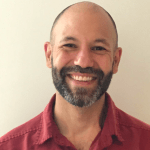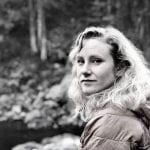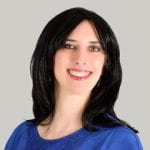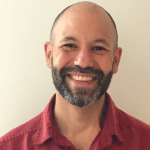
On Friday the 13th, at 12:30, my group and I had an in-person interview with Kalil Oldham in his office. During our interview with Kalil, my group and I focused on the overall effect of radicalization, the groups that are the most targeted, why they are targeted the most, and myths. Kalil’s position as director of equity and community means that he has gone through studies about topics such as radicalization and extremism. He knows about the mental and conspiracy aspects.
During the interview, my group and I asked Kalil of what group of people are the most recruited/affected by online radicalization and why they are so. He responded that young/teen white males are the most affected. This is so because of the multiple platforms that they are on online, games, and social media, making them easily accessible as a vulnerable person. These are males who don’t feel they belong, in any group or clique, males who feel that nobody is truly listening to them. Then radicalization groups take advantage of this, acting as a source of comfort and understanding, bonding with them through gaming sessions or memes. Kalil also mentioned the irony of this, young white males being the most affected group, because they are the majority, the stereotypical ‘fits in everywhere’ group.
The interview with Kalil helped build on the things we saw online, and gave them more perspective and details. He also recommended us a video to watch and organizations to contact. He also made me and my group aware of the psychological side of all of this, giving us another area of our topic to look into, to be able to have a deeper knowledge for our project.
Read more













